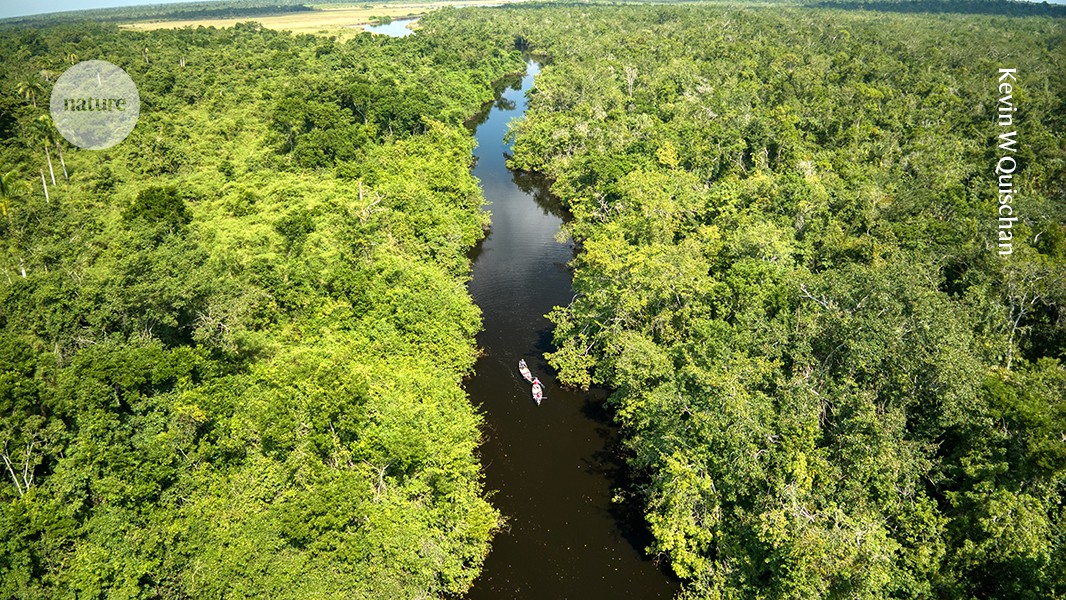
"This week, as world leaders gather in Belém, Brazil, for the 30th United Nations Climate Change Conference (COP30), once again it seems that there will be more rhetoric than real solutions for the countries that are most vulnerable to the effects of a changing climate. My native Belize - with its tropical rainforests, coastal wetlands and coral reefs - is one such country. Warming seas are killing our reefs. Hurricanes and wildfires are increasing in frequency and intensity."
"As a biologist with two decades of experience in academia and conservation, I have learnt that, to protect natural resources, local communities must bey empowered to steward these efforts - and that women are often best placed to drive them, at least in Latin America and the Caribbean, but probably everywhere. In many cultures, women are the de facto main carers and custodians of community knowledge."
Belize faces warming seas that are killing coral reefs, and increasing frequency and intensity of hurricanes and wildfires. Local communities must be empowered to steward natural resources for effective protection. Women often are best placed to drive conservation and climate action, particularly in Latin America and the Caribbean, because they commonly serve as primary carers and custodians of community knowledge. Women frequently hold positions, paid or otherwise, that enable them to improve community health, prosperity and peace. Numerous prominent Belizean conservation organizations are led by women, including the Community Baboon Sanctuary Women's Conservation Group representing seven villages. Collaborative partnerships involve government and international NGOs.
Read at Nature
Unable to calculate read time
Collection
[
|
...
]